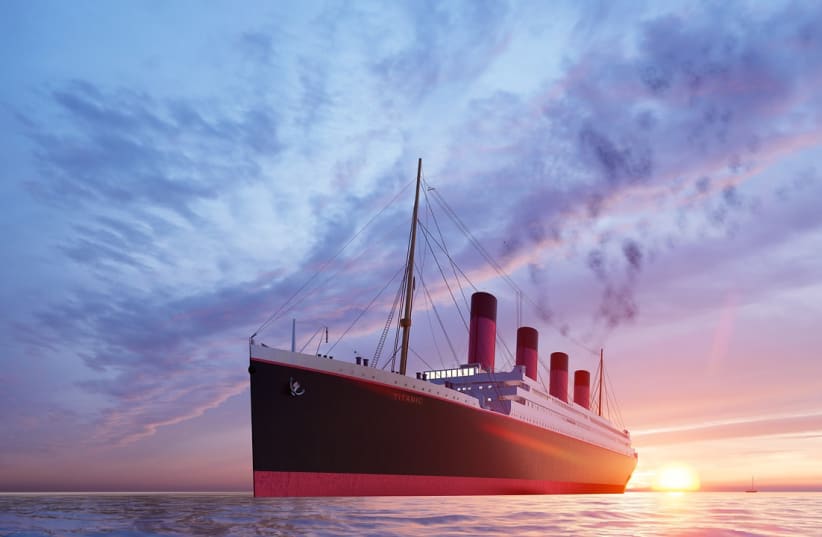A submersible vessel taking tourists on a deep ocean journey to view the wreckage of the Titanic has been missing since Sunday. One pilot and four passengers are aboard.
Here is a look at the situation as rescuers search an area the size of the state of Connecticut -- or about half the size of Belgium -- for the submersible, which could be on the ocean floor or bobbing on the surface, with the tourists bolted in from the outside.
The vessel's oxygen supply will run out early on Thursday, according to OceanGate, the private company that operates the tour.
Inhospitable terrain
If the craft is on the ocean floor, it would be nearly impossible to rescue, experts say. The Titanic wreck is 2.5 miles below the surface. The submersible lost contact about halfway down on its dive. "It's pitch black down there. It's freezing cold. The seabed is mud and it's undulating. You can't see your hand in front of your face," said Tim Maltin, an expert on the Titanic's sinking and wreckage.
Bring it up?
If the submersible is on the ocean floor, experts say that a sub-to-sub rescue is unlikely. Only a handful of submersible craft exist that could reach the depths of the Titanic wreck. Even if they could reach it, submersibles do not have the power to tow the missing vessel up to the surface. If it's on the ocean floor, the number of unknowns is enormous. "We know more about the moon's surface than the bottom of the ocean, because we just haven't surveyed it," said Jamie Pringle, a forensic geoscientist at Keele University in Britain.
Finding it on the surface
If the vessel is bobbing at the ocean's surface, finding it will be a needle-in-a-haystack situation, experts say. The vessel the size of a van will be even harder to spot if it is partially submerged. It is far out in the ocean, so moving ships and equipment to the large area being searched takes time.
